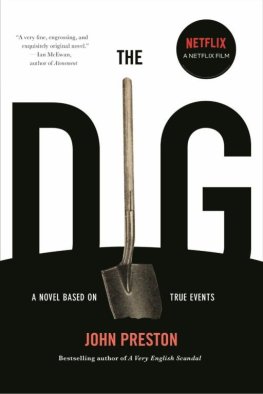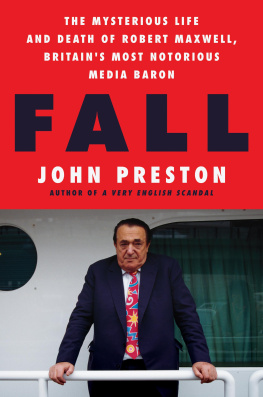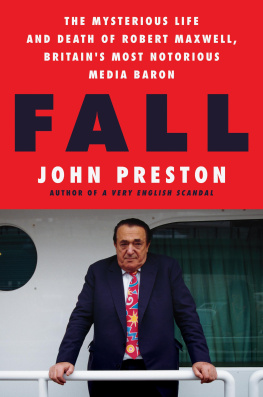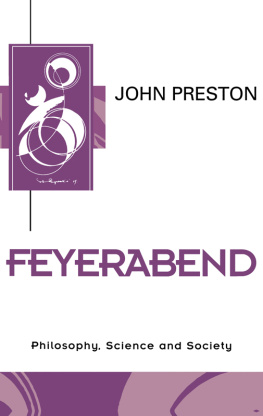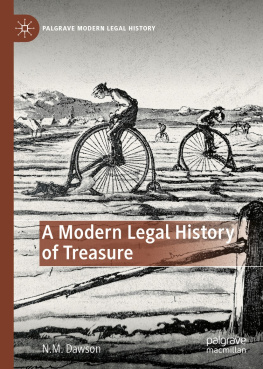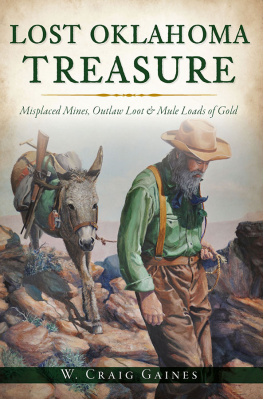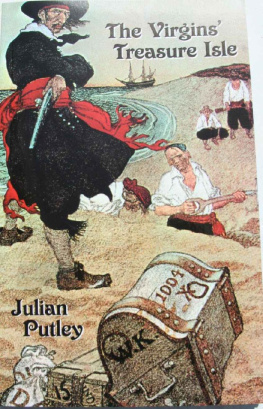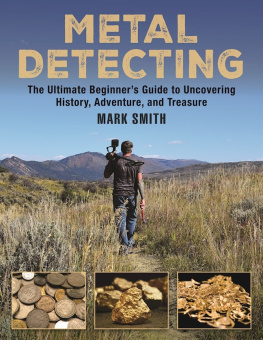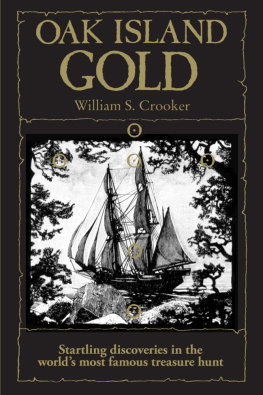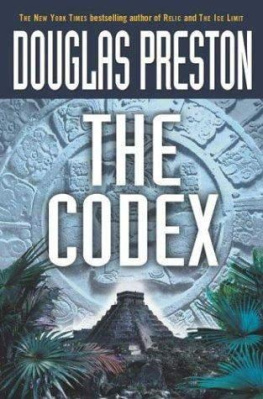To Susanna,
Joseph and Milly

Basil Brown
14 JUNE 1939
PROLOGUE
That evening I came back and worked on alone. The rectangle of darkened earth at the entrance to the burial chamber showed up quite clearly in front of me. I scraped away with the trowel and then I switched to the bodkin. It wasnt long after starting that I came across this greenish band. It was running through the soil like a grass stain. At first, I thought my eyes were playing up. I had to blink a few times before Id allow myself to believe it.
With the pastry brush, I swept the earth away, taking off as much as I dared. I was worried that if I took any more away the whole thing might vanish completely. But far from disappearing, the green band showed up even more distinctly than before.
Then, to the left of the first one, I found another green band. The color was a little duller than before more speckled too but still impossible to miss. I took these to be the remains of bronze hoops. Possibly belonging to a barrel, or some sort of wooden container.
When I looked at my watch, I saw that it had already gone nine oclock. I was astonished I thought Id been going for about fifteen minutes. The light was fading now. Even so, I was in a muck sweat. I kept having to wipe my forehead with my sleeve. I knew I was going to have to give up soon. But I couldnt bear to stop. Not yet.
I kept on brushing. More than anything else I wished Id brought a torch and I cursed myself for not thinking of it before. Just when I had decided that there was no point carrying on, I came across something else. A piece of timber.
To begin with, I assumed this must be the barrel, or what was left of the barrel. It wasnt long, though, before I had second thoughts. The piece of timber was about the size of a large book. Like a ledger, or a church Bible. As far as I could tell, it was perfectly flat. In places, it was so decayed that even my pastry brush was too rough. All I could do was put my lips as close as possible and blow the earth away.
In one place, though, it was quite solid. When I tapped the wood with my finger, it gave out a soft, hollow sound. In the top left-hand corner, I could make out what I thought was a knot. Peering at it more closely, I saw it was a small hole. A dry, papery smell rose from the ground. It caught in my nostrils as I sat staring at the piece of wood, and at the hole in particular.
Then I did something shameful. Something I can never excuse, or properly explain. I pushed my finger through the hole. It went in quite easily the timber fitted snugly round my knuckle. Beyond was a cavity. Although I couldnt be sure, I felt the cavity to be a large one. There was a kind of emptiness around my finger, like an absence of air.
I stayed where I was for several minutes. By now I could hardly see the wood in front of me, it was so dark. But still I sat there, not moving. And when at last I took my finger away, all the excitement Id felt before vanished in an instant. In its place came a great wash of sadness. So strong it quite knocked me back.
After Id covered over the center of the ship with tarpaulins and secured the corners with stones, I set off for Sutton Hoo House. The gravel path ran pale and straight in front of me. On one side was a yew tree. I could see its silhouette looming up before me, its branches almost touching the ground. The sky was black as hogs.
When I rang the back doorbell, I could feel the sweat, cold and drying, on my skin. Grateley answered the door. Although hed taken off his collar, he still had his tail coat on.
Basil? What are you doing here?
Would you tell Mrs. Pretty I need to see her? I told him.
Now? He swayed back in surprise. Do you know what time it is? Mrs. Pretty will be preparing for bed.
Even so, I need to see her.
Behind him, light bounced off the white tiles. Grateley gave me a look. Frowning mostly, although there might have been some sympathy in it.
Im sorry, Basil, he said. Youll just have to wait until morning.
Edith Pretty
APRILMAY 1939
There was a knock on the door.
Come in.
Mr. Brown, maam, said Grateley, and then stood aside to let him in.
I am not sure quite what I had been expecting, but it was not this. My first impression was that everything about him was brown dark brown. His skin was mahogany-colored. So were his clothes: a cotton tie, a tweed jacket with the top button fastened and what appeared to be a cardigan beneath. He was like a kipper in human form. It seemed absurd that his name should be Brown too.
The only things about him that were not brown were his eyes. Gray, like two polished tacks, they gleamed with alertness. His hair stood up in tufts. He was holding an object in his left hand brown, inevitably mashed between his fingers. The other was jutting out in front of him.
Mrs. Pretty, he said.
It was good of you to come, Mr. Brown.
No, no, no
His handshake was dry and firm.
Wont you sit down? I indicated the sofa.
He did so, but only just, perching on the edge of the seat with his elbows on his knees. The brown object was still in his hand. My gaze was drawn to it. I thought I am afraid I thought it might be an animal of some sort. Then I realized it was his cap. He must have seen me looking, because he unclenched his hand, placing the cap on the cushion beside him.
Mr. Brown, you have been recommended to me as someone who knows about soil. Suffolk soil. Mr. Reid Moir, the chairman of Ipswich Museum Committee, spoke highly of you.
He twisted slightly at the mention of Reid Moir, I thought, but nothing more than that. I remembered how Reid Moir had described him as being somewhat unorthodox in his methods. I remembered too how he had also referred to him as a local man, laying a good deal of stress on the word local. At the time his meaning had passed me by, but now I saw it clearly enough.
As you may know, I went on, I have a number of mounds on my land. I have been thinking for some time of having them excavated. Mr. Reid Moir told me that you might be the man for the job.
There was no reaction not at first. Then he said, What do you think might be in your mounds, Mrs. Pretty?
His accent was broad Suffolk, with scarcely any vowels coming through and the consonants all clattering into one another.
I am assuming they are prehistoric. Probably Bronze Age. As for what, if anything, may be inside, I would not care to speculate. From what I can tell, they do not appear to have been excavated before. It is rumored that Henry VII dug for treasure in a mound here. We also know that John Dee, Elizabeth Is Court Astrologer, was commissioned to search for treasure along this stretch of coast. Some people say he came here too, although there is no evidence of his having done so.
Again he said nothing. Despite his clothes, there was something oddly spruce about him. Possibly it was his air of containment.
Would you care to have a look for yourself? I suggested.
Outside, the landscape was drained of color. The water in the estuary looked hard and shiny. It might not have been moving at all. Underfoot, the grass was spongy and already damp with dew. I was careful where to put my feet. Mr. Brown walked with his arms bowed and his elbows sticking out, as if his jacket was too small.
This whole area around Sutton Hoo House has always been known as Little Egypt, I told him. No doubt on account of the mounds. There are a number of legends about them. People claim to have seen mysterious figures dancing in the moonlight. Even a white horse. I believe that local girls used to lie down on top of them in the hope of becoming pregnant.

